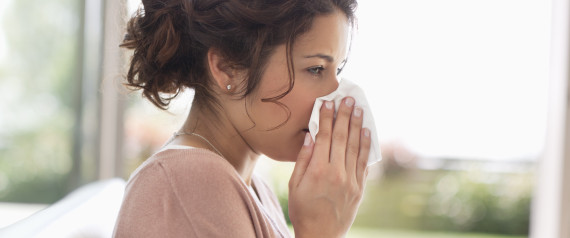
From Mother Nature Network's Starre Vartan:[1]
It can be pretty frustrating: You have hit a positive groove with your workout schedule, really seeing results in your running/swimming/cycling time and strength, and then—you get a cold. As you blow your nose for the 14th time in an hour, you think about how the 5-7 days the average cold lasts will really set you back, and you wonder how long it will take you to get back to your current level. In my experience, it's two weeks. One week off for the cold, then another to build strength back up.
But you don't actually don't have to stop exercise for a common cold; it doesn't affect the longevity of the illness, nor its severity. Surprised? So was I. But two small studies at Ball State University roundly prove what serious athletes have known for a long time—moderate exercise (which of course can vary in definition according to the person) can't hurt, and in the short term, can even make you feel better.
Two studies looked into the question; one looked at how exercise affected severity of a cold, and the other longevity. Of course a control group, that rested, was used for comparison. There was no difference between the resters and exercisers. And when the exercisers reported on their symptoms to the researchers, Dr. Leonard Kaminsky (also a trainer at Ball State) told the New York Times Well blog, “people said they felt O.K. and, in some cases, they actually felt better.”
Keep in mind this experiment was done with otherwise healthy college students who had only been exposed to a typical cold virus. If you have other health issues, or chest congestion, or a fever (or other signs of the flu), resting is probably best when you are ill. And I would add that going to your gym when you have a cold—and spreading it around—is unfair to your fellow exercisers. Work out at home (try one of those free yoga routines online, take a long walk outside, or use your home fitness equipment).
But no need to lie in bed all day binge-watching your favorite series just because you have a cold—unless you need an excuse to take a break, of course.
Also on HuffPost:
References
- ^ From Mother Nature Network's Starre Vartan: (www.mnn.com)
- ^ Send us a tip (www.huffingtonpost.com)
- ^ Send us a photo or video (www.huffingtonpost.com)
- ^ Suggest a correction (www.huffingtonpost.com)

0 comments:
Post a Comment